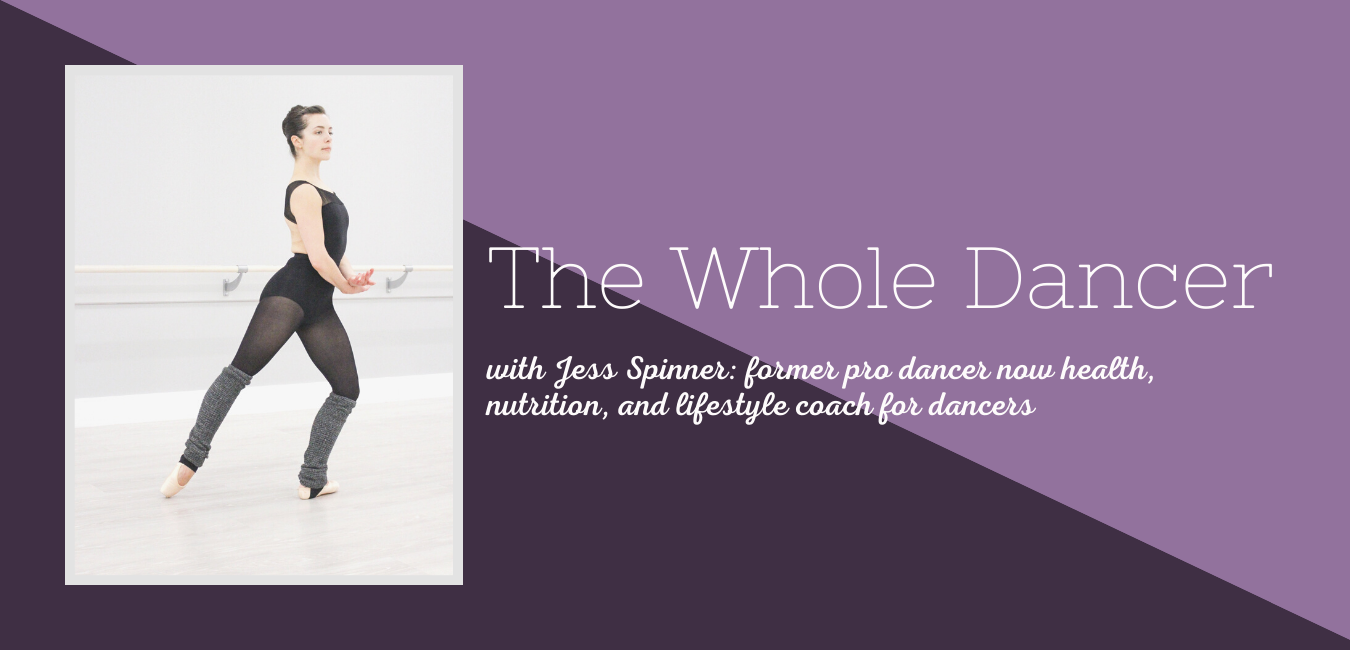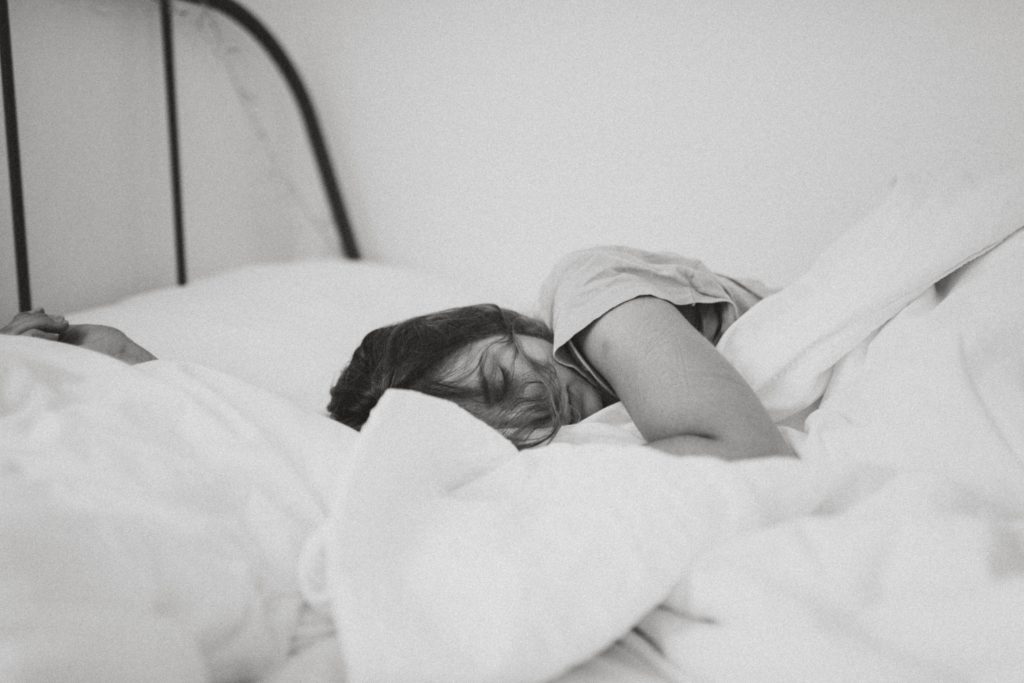One of the first things I work on with dancers…
Sleep for dancers.
The beauty of holistic health, nutrition, and lifestyle coaching is that it’s not just about food. It’s not just about body image. Supporting you as a whole person means looking at your life and identifying areas of opportunity. For so many, sleep is a huge factor in your potential to reach your best body for dance.
Beyond reaching body goals, sleep impacts your ability to cope with stress on many levels. In my initial consultations, sleep comes up because most dancers aren’t in fact getting enough. Many times, even those who get enough sleep, are waking up or not feeling rested in the morning. Sleep allows your body and mind to recuperate, and without enough sleep your brain can’t function at its optimal capacity.
Why does sleep matter so much?
The average person needs 7-9 hours of sleep a night. Just as dancer athletes need more calories than the average person, you need more sleep too. In order to balance hormones, sleep is essential. This is true especially in the case of ghrelin and leptin, the hormones that signal hunger and fullness. If you don’t get enough sleep, ghrelin (the hunger hormone) goes up and leptin (the fullness signaling hormone) goes down.
In addition to the impact on hunger and fullness hormones, sleep impacts glucose tolerance and insulin sensitivity. This means your body may struggle to balance blood sugar, leading to sugar or carb cravings. If you’re struggling to achieve body goals or to find confidence in your body for dance, looking at your sleep hygiene and habits is a great place to start.
The average person needs 7-9 hours of sleep…most athletes need more.
Whenever food or nutrition is touched on here at The Whole Dancer, I’m careful to always mention how individual your needs are. It doesn’t matter how anyone else eats, it matters how different foods and approaches to food work for you. This applies to sleep as well. You might benefit from up to 10 hours of sleep a night.
As with food, experiment to determine how much sleep actually makes you feel best. To do this gradually, add 15 minutes every few nights and notice any changes. Depending on your schedule, determine if it works better to go to bed earlier or to sleep in a bit later. Give it some time to see how you feel with additional rest.
10 Tips to Improve Your Sleep and Routines
- Create a nighttime routine.
Include things like epsom salt baths, rolling out your muscles, or journaling to create a calm state of body and mind. As with sleep time adjustments, try different activities to determine what makes you feel most ready to transition to sleep.
- Set a curfew for your phone.
Decide on a time that your phone will go away for the night. Start where you are and scale back. If you currently use your phone up until the moment you fall asleep, put it away 30-60 minutes earlier and notice any impact on how fast you’re able to get to sleep or the level of restfulness you experience.
- Read an actual book.
If you like to read on your phone, try to get back into reading books! It’s such a relaxing and enriching activity that can have a positive impact on your body and mind.
- Consider Magnesium.
Magnesium is a mineral that is essential for the body’s function. It also regulates the hormone melatonin. Melatonin is responsible for guiding your body’s sleep and wake cycles. To bolster magnesium, drink water and consume more green vegetables, tofu, pumpkin seeds, nuts, whole grains, meat, fish, fruit, or dark chocolate.
- Have a regular bedtime.
Going to bed and waking at around the same time each day lends itself to better sleep. Some night’s it will have to change but when you’re able to maintain a sleep schedule, do it.
- Limit caffeine and alcohol.
Both can disrupt sleep cycles. Even if you’re able to sleep after consuming caffeine or alcohol close to bedtime, it’s not likely to be deep, restful sleep. Figure out the best cutoff time for yourself. With caffeine, many people benefit from not having it after around 2pm.
- Don’t drink all your liquids right before bed.
There’s a very easy way to know if you’re drinking too much before bed. Do you wake up to pee in the middle of the night? If you do, then it’s going to help to just cut yourself off from hydrating at a certain point. Don’t let this be a recipe for dehydration. Instead, intentionally consolidate all your liquids earlier in the day.
- Create a healthy sleep environment.
Keep this one simple. People sleep best when it’s cool, dark, and quiet. Allow fresh air when you’re able and consider using a white noise machine to drown out noise.
- Be aware of eating heavy or large meals close to bedtime.
Eating too close to bedtime can lead to indigestion which can make it harder to fall asleep and stay asleep. As with other considerations, this impacts some people more than others. If eating close to bedtime is your only option and you’re also waking rested, it’s working for you.
- Wake with the calm of a sunrise alarm clock.
Now, this is about how you wake up but that affects your sleep experience. If you’re waking up with your phone or a jarring, noisy alarm clock, look into a sunrise alarm clock. It simulates the sunrise going from deep orange to a bright light and plays soft music or animal sounds at your preferred wake time.
If sleep is an area of opportunity for you, look at your current sleep routines and decide on a couple of things to try to improve your sleep habits. Your quality of sleep has a huge impact on your body and dancing. Give it the time and attention it deserves!
Sleep for Dancers
Sugar Cravings Worsened by Lack of Sleep


Pingback:Coffee Considerations for Dancers as Athletes - The Whole Dancer